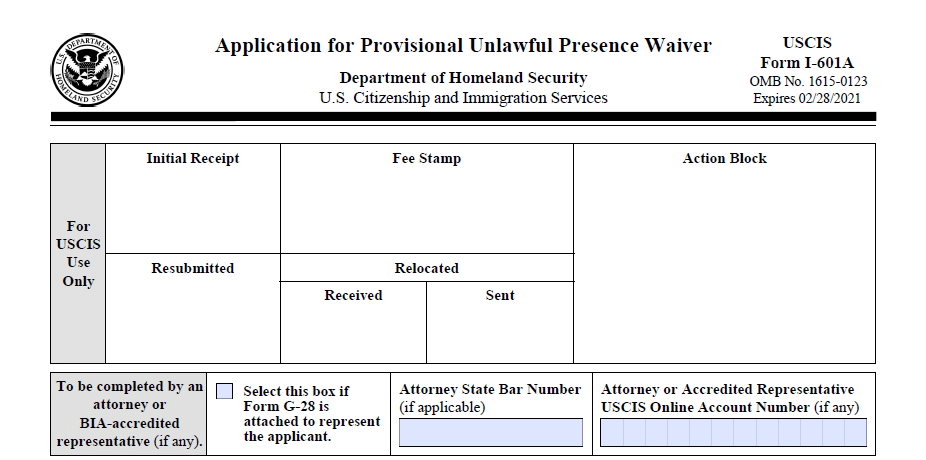On December 10th, 2019, USCIS announced that it was going to adopt two decisions from the Attorney General relating to good moral character. These decisions had already been announced previously, but with USCIS formally adopting them they will become directly applicable to benefits such as naturalization for people applying for US Citizenship.
Specifically, USCIS adopted the decisions Matter of Castillo-Perez and Matter of Thomas and Thompson. Those decisions relate to DWI or DUI convictions and how they affect good moral character determinations, as well as the length of a criminal sentence for immigration purposes. It’s especially important for individuals with prior convictions of any kind to discuss their case with an immigration attorney before filing for any benefits. Convictions involving alcohol are mentioned directly, but they are not the only type that will cause problems for citizenship or other benefits.
Read the full announcement below:
WASHINGTON—U.S. Citizenship and Immigration Services today announced new policy guidance implementing two decisions from the attorney general regarding how two or more DUI convictions affect good moral character (GMC) requirements and how post-sentencing changes to criminal sentences affect convictions and sentences for immigration purposes.
On Oct. 25, the attorney general decided in Matter of Castillo-Perez that two or more DUI convictions during the statutory period could affect an applicant’s good moral character determination. When applying for an immigration benefit for which GMC is required, applicants with two or more DUI convictions may be able to overcome this presumption by presenting evidence that they had good moral character even during the period within which they committed the DUI offenses. The term DUI includes all state and federal impaired-driving offenses, including driving while intoxicated, operating under the influence, and other offenses that make it unlawful for an individual to operate a motor vehicle while impaired.
Also on Oct. 25, the attorney general decided in Matter of Thomas and Thompson that the definition of “term of imprisonment or a sentence” generally refers to an alien’s original criminal sentence, without regard to post-sentencing changes. Post-sentencing orders that change a criminal alien’s original sentence will only be relevant for immigration purposes if they are based on a procedural or substantive defect in the underlying criminal proceeding.
“In response to two decisions from the attorney general, USCIS has updated policy guidance on establishing good moral character for immigration purposes,” said USCIS Deputy Director Mark Koumans. “As the attorney general directed, this guidance enhances public safety by ensuring that USCIS adjudicators consider driving under the influence convictions with the appropriate standard of scrutiny.”
Under U.S. immigration law, there are consequences for criminal convictions and sentences that could render applicants inadmissible, deportable, or ineligible for an immigration benefit. Also, certain immigration benefits require an applicant to demonstrate that an alien has GMC to be eligible for the benefit. For example, naturalization applicants must demonstrate GMC. To find more information about this update, view the USCIS Policy Manual.



